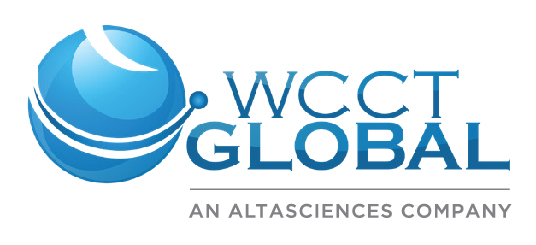The possibility that ethnic differences exist in different populations with regards to drug metabolism and distribution has been documented for many years. These observed differences may be manifest in alterations in safety, efficacy and/or labeled dosages, or in terms of adverse event profiles in patients residing in different geographic regions. This created the perceived necessity to fully and separately develop new medicines for each geographic market.
This development practice evolved into a trend such that drug development was initiated in the USA or Europe, and development in other geographic regions followed in such countries as Japan, South Korea and Taiwan. Development in Canada, Australia, New Zealand, South Africa and South America generally kept pace with development in the USA and Europe. Consequently, throughout the 1980s and early 1990s there was an acknowledged 7 to 10 year ‘drug approval lag’ in Japan, South Korea and Taiwan. Thus, these populations suffered delayed access to new therapies even though safety and efficacy had already been established in other regions of the world. Consequently, it was difficult to explain to the patients residing in these regions why they had to wait so many years beyond the rest of the world to get access to these medications. The urgent need to rationalize and harmonize regulations was understood by regulators worldwide, as well as the global pharmaceutical industry. As a result, ICH E5 – Ethnic Factors in the Acceptability of Foreign Clinical Data (5 Feb 1998) was published and the concept of global clinical development was widely and rapidly adopted.
Quicker development time means increased valuation of your asset due to the ability to achieve commercial milestones earlier than through regional-specific development program management. Join this webinar to hear about specific case studies and strategies on how to include ethnic bridging in your early clinical development plans to hasten regulatory acceptance of data worldwide.
Speaker

Melton Affrime, PharmD, President & Chief Scientific Officer, WCCT Global
Dr. Melton Affrime has an extensive background in global clinical R&D. Following completion of his PharmD training at PCP&S in Philadelphia, he completed a Clinical Pharmacology Fellowship with Marcus Reidenberg, MD at Temple University College of Medicine. He then co-founded the Clinical Pharmacology research unit at Hahnemann Hospital, Philadelphia, PA with David Lowenthal, MD, PhD in 1976. He remained on the faculty at Hahnemann until 1982 when he joined Hoechst-Roussel Pharmaceuticals as Associate Director, Clinical Pharmacology. In 1985 he joined the Schering-Plough Research Institute as Director, Clinical Pharmacology. During his 16 years at Schering, he managed the early development programs for the entire Schering pipeline and was named VP, Clinical Pharmacology, Clinical Research in 1996. Mel left Schering in 2001 to join Novartis Pharmaceuticals as Global Head of Profiling Clinical Pharmacology. He was at Novartis until 2006 when he joined ICON Development Solutions as Sr. VP and Chief Scientific Officer. He remained at ICON until 2011 where he managed the medical staff at ICON’s 3 CPUs, the Population PK software business and the R&D department. Mel joined WCCT Global in August of 2011 as the Sr. VP, Translational Medicine and has lead all Scientific and Medical Affairs initiatives. As of November 2018, Mel is President and Chief Scientific Officer at WCCT Global.
Who Should Attend?
The webinar will benefit pharmaceutical and biotechnology companies, medical device manufacturers, and CROs, with relevant job titles including:
- Clinical Operations-Focused Executives and Directors
- Project Managers
- Clinical Study Managers
- Outsourcing/Procurement Personnel
Xtalks Partner
WCCT Global
Altasciences transforms the traditional outsourcing paradigm by simplifying and streamlining solutions, whether for a single study or multiple programs, to offer an integrated/synchronized approach to CRO and CDMO services from lead candidate selection to clinical proof of concept, and beyond.
You Must Login To Register for this Free Webinar
Already have an account? LOGIN HERE. If you don’t have an account you need to create a free account.
Create Account





